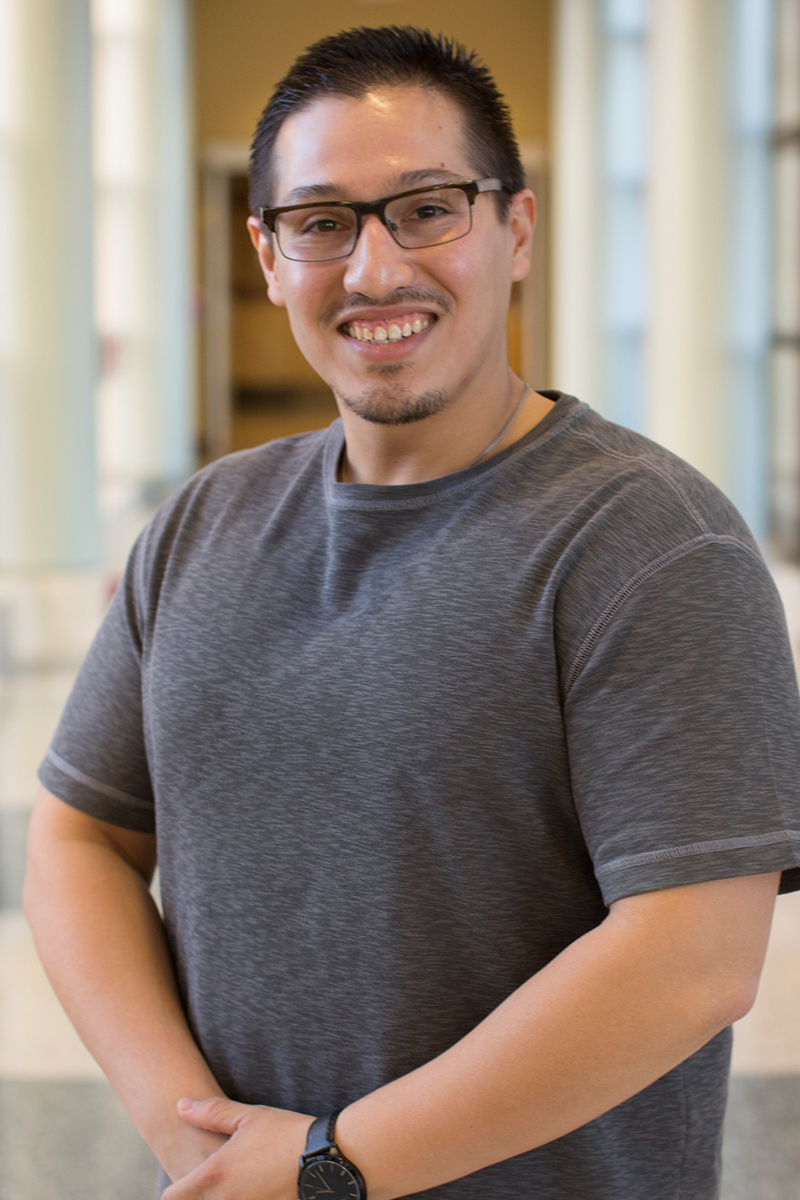Towards a Positive Psychology
Mindfulness for Thriving and Successful New Year’s Resolutions

That’s not my title. Someone much smarter than me, Dr. Martin Seligman, thought of it. At the turn of the century, 2000 on the nose, he published an article, “Towards a Positive Psychology.” In it he highlights that for decades, psychology has done some good work. Impressive advances in the treatment of depression, anxiety and PTSD. But, there was something missing. What happened to the dream of Abraham Maslow, who believed all of us could self-actualize and that you could become the best you? What happened to psychologist, William James, who talked about religious experiences that change one’s life? What happened to the promise of psychology: the promise to not just cure sickness, but to promote wellness? When did psychology settle for surviving? When did it give up thriving?
These are all good questions. While Dr. Seligman, president of the American Psychological Association, shifted the focus from surviving to thriving (although he was careful to emphasize that it is a valid point that before you can thrive, you must have taken care of survival). He called this shift of focus, “Positive Psychology.” This wasn’t just a “feel-good” series of catch phrases or going to hear a motivational speaker talk. This was deep, deep science—high level statistics, such as Structural Equation Modeling, on hope and wisdom and very old words and ideas with the full power of some of the most intelligent people on the planet. The fruits of their labors were immediately translated into non-academic language. For example, the most popular course at Harvard University is their psychology course on happiness. The book for this course, “Happier,” by Dr. Tal Ben-Shahar, is a step-by-step course, barely breaking 100 pages, on how you can be happier in your personal life. Dr. Ben-Shahar points out, if psychology can’t help you be happier, why is it here?
We are at a time of the year when people make resolutions—and then quickly forget them. Positive psychologist Dr. Angela Duckworth wrote a book, “Grit,” just for that situation. We are at a time of the year when people want to make a more positive change, both for themselves and for those they love. Dr. Seligman, himself, wrote a book, “Authentic Happiness,” just for that too. He also has a TEDTalk, “The New Era of Positive Psychology,” if you want to get your feet wet.
Perhaps the best way to tell you about positive psychology and how it can help you in your life is to actually do some. One big tool positive psychologists use is a technique called “mindfulness.” Mindfulness is not something we created. It’s very old. If you’ve ever prayed, you’ve done a mindfulness practice. Mindfulness is helpful in preparing your brain to set resolutions or goals. All of us have experienced the opposite. We weren’t mindful and made a promise that we regretted. A fast technique you can do is 5, 4, 3, 2, 1. Here’s how it works. When you need to focus (because mindfulness is not necessarily to relax you; it’s to mentally focus you) do the following:

Name (out loud, or in your head):
- 5 things you see
- 4 things you hear
- 3 things you feel on your body
- 2 things you smell
- 1 thing you taste
- Now, set your goal.
You can change the order if you like, but make sure to address all five senses. If you want a good intro course for this, read Thich Nhat Hanh’s book, “The Miracle of Mindfulness” (my favorite one is mindful eating). If an app is more your speed, download the “Mindfulness Coach.” It was created by the U.S. Department of Veterans Affairs and is free on your app store. There are several other ones out there too.
Before you set your New Year’s Resolutions, do a mindfulness practice. Focus on what is really important to you and then make that resolution. If you want to do a deeper dive, watch Dr. Seligman’s TEDTalk and/or or read some of those books, because this next year is not one you will just survive, it will be one in which you thrive.
Dr. Michael Gomez is a licensed psychologist and assistant professor in the Texas Tech University Health Sciences Center Department of Pediatrics.
Related Stories
Celebrating Veterans: TTUHSC’s General Martin Clay’s Legacy of Service and Leadership
From his initial enlistment in the Army National Guard 36 years ago to his leadership in military and civilian health care management roles, Major General Martin Clay’s career has been shaped by adaptability, mission focus and service to others.
Texas Tech University Health Sciences Center School of Nursing Named Best Accelerated Bachelor of Science in Nursing Program in Texas
The TTUHSC School of Nursing Accelerated Bachelor of Science in Nursing (BSN) program has been ranked the No. 1 accelerated nursing program in Texas by RegisteredNursing.org.
TTUHSC Names New Regional Dean for the School of Nursing
Louise Rice, DNP, RN, has been named regional dean of the TTUHSC School of Nursing on the Amarillo campus.
Recent Stories
The John Wayne Cancer Foundation Surgical Oncology Fellowship Program at Texas Tech University Health Sciences Center Announced
TTUHSC is collaborating with the John Wayne Cancer Foundation and has established the Big Cure Endowment, which supports the university’s efforts to reduce cancer incidence and increase survivability of people in rural and underserved areas.
TTUHSC Receives $1 Million Gift from Amarillo National Bank to Expand and Enhance Pediatric Care in the Panhandle
TTUHSC School of Medicine leaders accepted a $1 million philanthropic gift from Amarillo National Bank on Tuesday (Feb. 10), marking a transformational investment in pediatric care for the Texas Panhandle.
Texas Tech University Health Sciences Center Permian Basin Announces Pediatric Residency Program Gift
TTUHSC Permian Basin, along with the Permian Strategic Partnership and the Scharbauer Foundation, Feb. 5 announced a gift that will fund a new pediatric residency.
